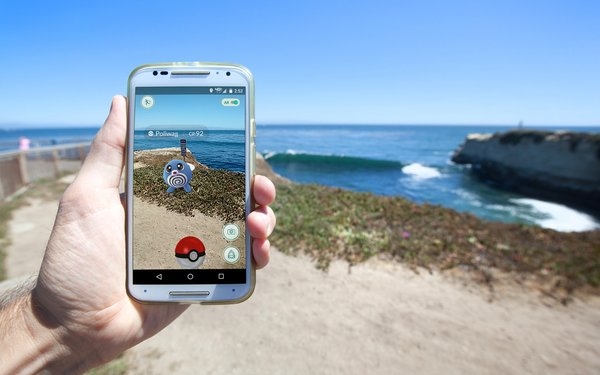What People Think Of Augmented Reality
What People Think Of Augmented Reality

The phenomenon of Pokémon Go put augmented reality on the awareness map for many consumers, even though that was only one use.
It turns out there may be a wide range of consumer perceptions and awareness levels around augmented reality, with a key characteristic being that people want AR to be practical.
The most common sources of AR awareness revolve around gaming, followed by ads in app stores, online or on TV and then by having heard or read about AR while browsing tech industry news or other online content.
These are some of the findings in a qualitative study via an online exploratory research group, somewhat like a focus group, with 40 participants with varying degrees of awareness relating to augmented reality. The study was conducted by Gut Check, a market research firm exploring the general AR consumer awareness level.
The findings point to a desire for practicality, suggesting it is less significant to stress what augmented reality is and more important to describe what it does or how it works in relation to a specific area. Here are some of the observations from the research:
- Resources people would use to learn more about augmented reality are search engines, news platforms, app stores, YouTube and a tech-savvy friend
- Few respondents were surprised by the definition of augmented reality
- Almost all feel AR isn’t relevant to their lives but still garners interest and shows potential
- Most feel AR is meant to provide a way to try something, such as a product or experience
- Qualities that describe AR users include young, tech savvy, open-minded and into new experiences
- Top of mind AR examples are Pokémon Go and Microsoft HoloLens
- Brands expected to adopt AR include Google, Microsoft, Lowe’s, Home Depot, Amazon and Nike
- Many would be interested in augmented reality tools relating to shopping and retail
- Most became aware of AR through gaming
- Many found that AR for beauty could be a way to interact with different styles in the decision process
- Main concerns around AR are security, personal health and safety and cost
Augmented reality is coming in a big way down the road. At least more consumers seem to be getting somewhat of an understanding what it is. Now it has to do something for them.
(16)


